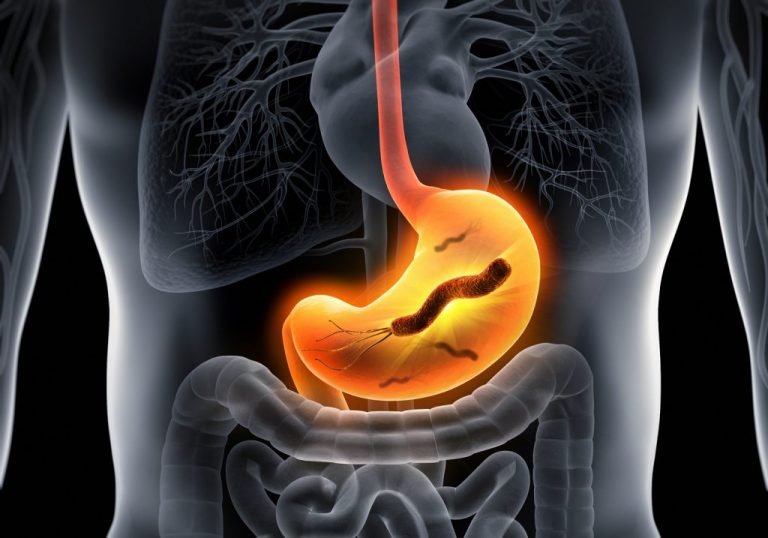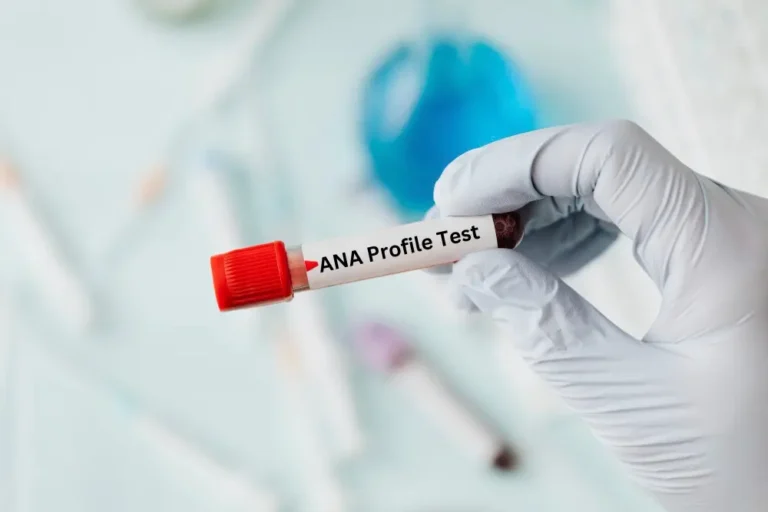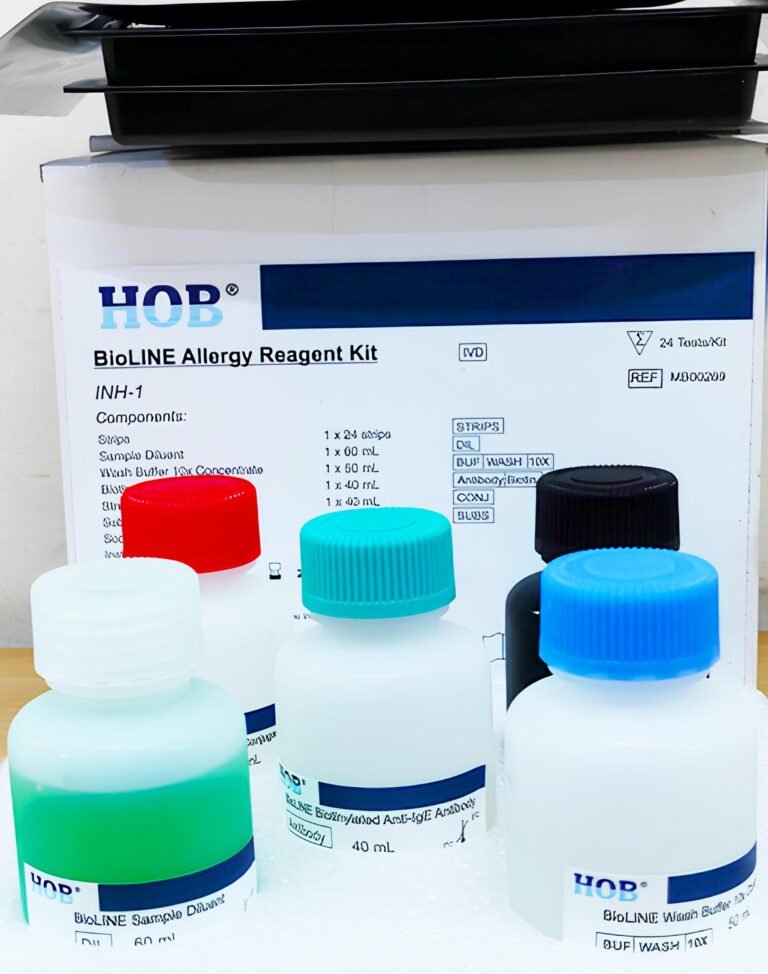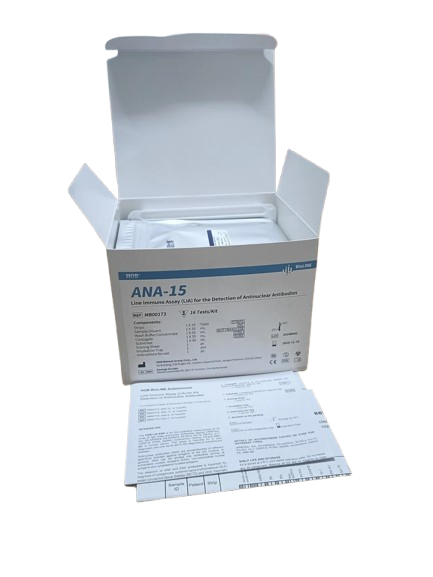Understanding Helicobacter pylori: Diagnostics, Clinical Significance & Complications
Helicobacter pylori (H. pylori) is a spiral-shaped, Gram-negative bacterium that colonizes the gastric mucosa and affects over 50% of the world’s population. While many infected individuals remain asymptomatic, persistent infection can lead to serious gastrointestinal disorders and long-term complications if left undiagnosed and untreated.
Diagnostic Importance of H. pylori Detection
Accurate and early diagnosis of H. pylori infection is critical for effective clinical management. Common diagnostic approaches are divided into non-invasive and invasive methods:
Non-Invasive Methods:
- Stool Antigen Test (H. pylori Antigen ELISA)
- Detects active infection.
- Ideal for initial screening and post-treatment monitoring.
- Urea Breath Test (UBT)
- Highly sensitive and specific.
- Requires special instruments (less accessible in low-resource settings).
- Serological Tests (IgG, IgA ELISA)
- Detects antibodies.
- Useful for screening but not reliable for confirming eradication.
Invasive Methods (via endoscopy):
- Biopsy Urease Test
- Histology (biopsy and microscopic examination)
- Culture and PCR (highly specific but less commonly used due to complexity)
Role of ELISA Kits in H. pylori Detection
ELISA-based diagnostic kits offer:
- High-throughput screening
- Cost-effectiveness
- Quantitative results
- Applicability in both stool antigen and serological detection
Brands like Calbiotech, IVD Technologies, RealyTech, and Diapro provide validated ELISA kits used in diagnostic labs, hospitals, and research facilities across India and globally.
Clinical Significance of H. pylori
An H. pylori infection can persist for decades and is strongly associated with the following gastrointestinal conditions:
- Chronic Gastritis
Causes inflammation of the stomach lining, which is often asymptomatic but progressive. - Peptic Ulcer Disease
Major cause of both gastric and duodenal ulcers. - Gastric MALT Lymphoma
Linked to chronic inflammation due to long-term infection. - Gastric Cancer (Adenocarcinoma)
Classified by WHO as a Group I carcinogen, H. pylori significantly increases the risk of stomach cancer.
Complications of Untreated H. pylori Infection
Without timely diagnosis and treatment, H. pylori may lead to:
- Severe ulcerations and gastrointestinal bleeding
- Perforation of the stomach or duodenum
- Iron-deficiency anemia
- Recurrent indigestion and reflux
- Gastric malignancies
Early detection through ELISA or stool antigen tests followed by antibiotic therapy (typically triple or quadruple therapy) greatly reduces the risk of complications.
🧭 Conclusion
Accurate, accessible, and reliable diagnostic methods are key to identifying H. pylori infection. As a major contributor to gastritis, ulcers, and gastric cancer, H. pylori poses a global health threat — but one that is manageable with prompt diagnosis and treatment.
AMINDO Biologics Pvt Ltd offers advanced, CE-marked ELISA kits for the detection of H. pylori antigen and antibodies, supporting clinicians and laboratories in delivering early and accurate diagnosis for better patient outcomes.







